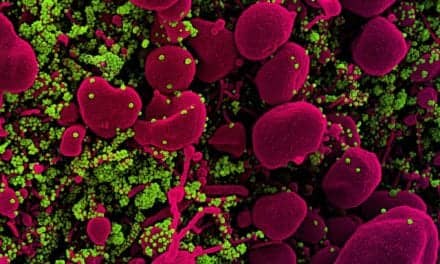Males are more likely to test positive for COVID-19, more likely to have complications and more likely to die from the virus than females, independent of age, according to a new study published this week in the open-access journal Plos One.
As the COVID-19 pandemic unfolds and evolves across the globe, researchers have identified population sub-groups with higher levels of disease vulnerability, such as those with advanced age or certain pre-existing conditions. Small studies from China and Europe have indicated that males tend to experience higher disease severity compared to females. However a comprehensive analysis of COVID sex in a large and diverse US metropolitan area has been lacking.
In the new study, researchers used data from a large healthcare provider in the Houston, Texas metropolitan area to determine the associations between sex and COVID-19 epidemiology. Data on COVID testing, hospital stays, mortality and demographics were extracted from Electronic Medical Records (EMRs) of all 96,496 adults over 18 years old who were tested for SARS-CoV-2 by the health system between March 6 and August 22, 2020.
Overall, 15.5% (95% CI 15.3-15.8) of individuals in the cohort tested positive for SARS-CoV-2. After adjusting for sociodemographic factors and comorbidities:
- Males had a higher likelihood of SARS-CoV-2 positivity (aOR 1.39) than females;
- The proportion of patients requiring ICU care was significantly higher among males (34.1%) as compared to females (27.6%);
- More males (19.0%) underwent mechanical ventilation than females (14.7%);
- The proportion of males who experienced in-hospital mortality (11.6%) was significantly higher as compared to females (8.3%).
The authors conclude that there is a clear and strong independent association between male sex and SARS-CoV-2 susceptibility, complications and poor outcomes and say that understanding sex differences in the disease is a fundamental step toward improved disease management and intervention strategies for both men and women.
The authors add: “Males seem to be more likely to contract the SARS-CoV-2 virus and also have a poor clinical course and outcomes related to COVID-19, compared to females. The exact contribution of gender and sex factors in susceptibility and outcomes of COVID-19 need further investigation.”










